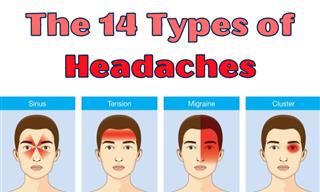|
When Your Loved One Should Seek Treatment
If opening up to a loved one is not helpful, then this is a matter for a mental health professional. The point at which seeking professional help is necessary varies from person to person. As a general rule, if they no longer feel capable of handling things on their own, or you notice that their condition is affecting their daily life - their job, relationships or home - then it is worth the effort to encourage a person to seek treatment. After all, the quicker the intervention, the better off they will be.
What to do if your friend or family member resists getting help for depression
Bear in mind that depression saps motivation and energy - even booking an appointment may seem daunting. It predominantly focuses on negative ways of thinking, so they may believe that their situation is hopeless and that treatment is pointless. Here are a couple of things you can do:
Suggest a general check-up with a physician: Your loved one may be anxious to seek help, so a good first step might be to see a family doctor. Your doctor can then refer your loved one to a psychiatrist or psychologist. After all, the 'professional' opinion can make all the difference.
Offer to help them find a doctor or therapist, and if they need it, go with them on their first visit: Anyone suffering from depression and low energy may find huge relief in not having to seek the right treatment or make the call themselves.
Where should they start? Minor lifestyle adjustments to help them beat the blues may help. However, when dealing with depression, talk therapy, also known as psychotherapy, is a fantastic place to begin. On the other hand, psychiatry is more oriented toward medication. In fact, research has shown that it is an effective first course of treatment, with the most common approach being cognitive behavioral therapy (CBT) - a highly-effective means for helping people manage their depression. CBT involves helping patients use their own brains to change their behavior, enabling them to view their environment in a more positive and realistic way. With the right tools, a depressed person may begin to understand how to control or eliminate their symptoms without medication. A skilled psychotherapist may then advise whether meds are necessary. Also bear in mind that regardless of how complex and variable depression can be, there are also a multitude of treatments available.
|
 Go to BabaMail
Go to BabaMail



























